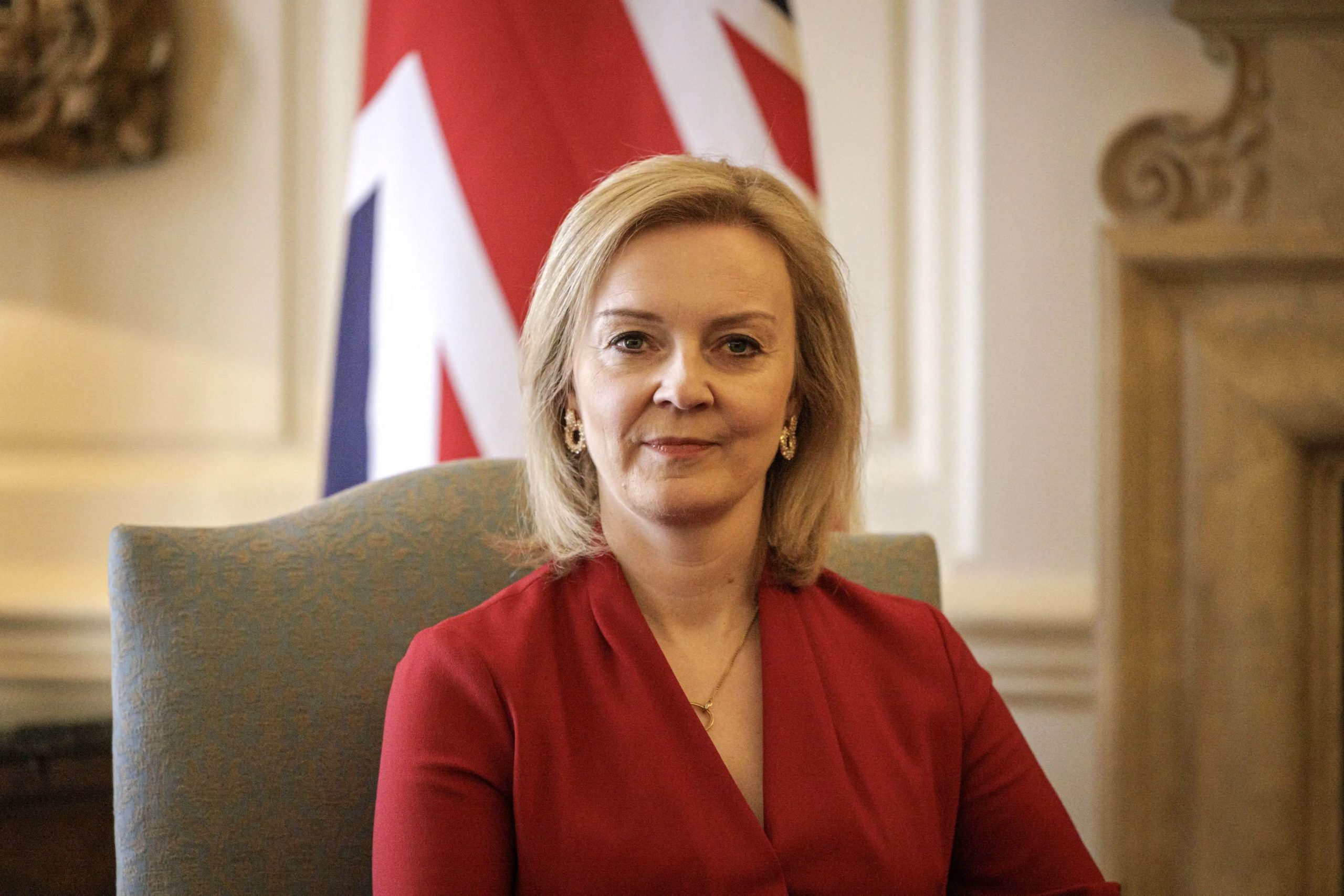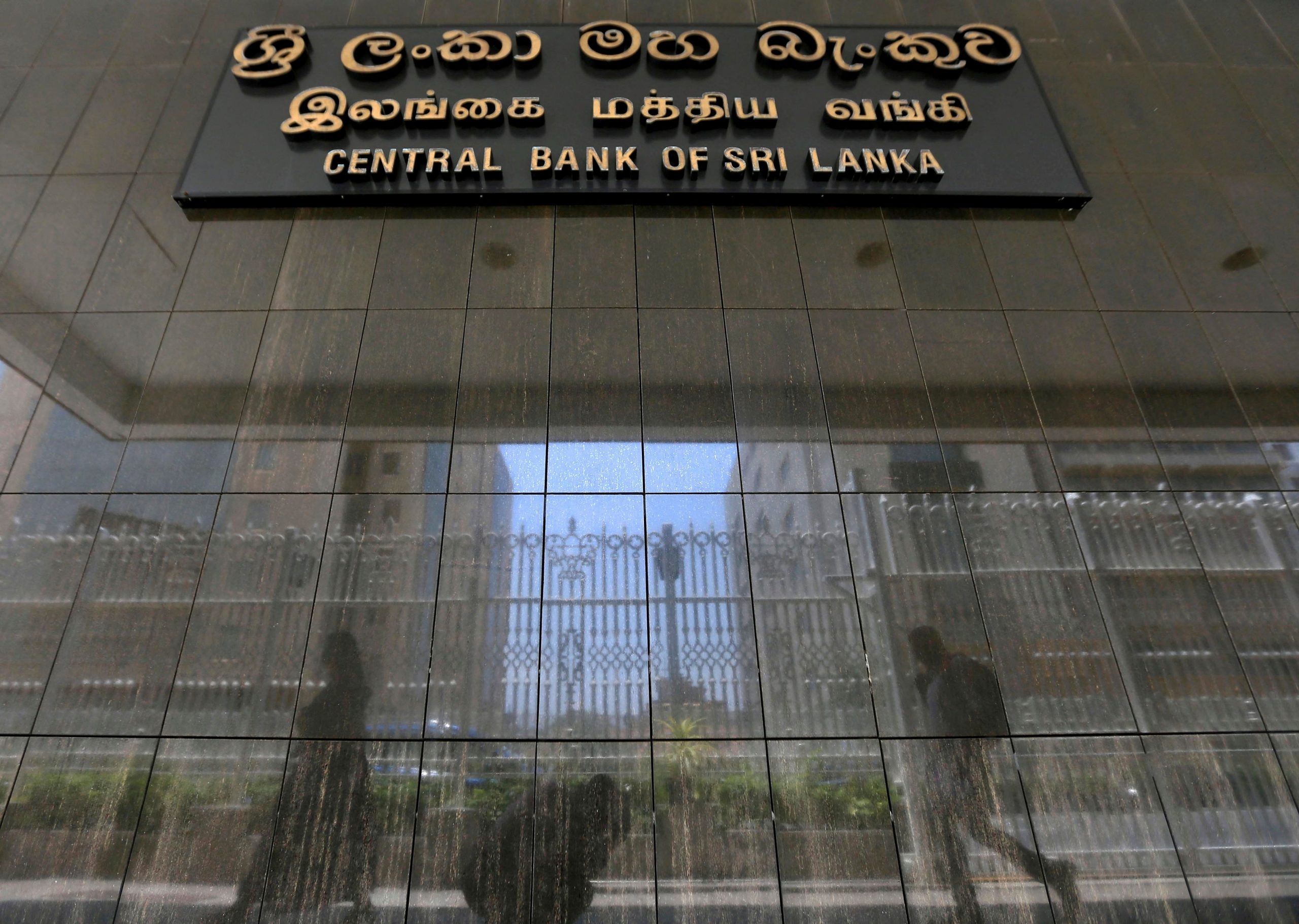Rethinking the Truss Mini-Budget: A Vindication of Fiscal Strategy
It is not uncommon in politics for narratives to be quickly and impulsively formed, often at the expense of a deeper understanding of economic nuances. However, a recent surge in long bond yield reaching similar heights as those witnessed last October seems to be puncturing a popular yet misinformed narrative. The rise in yield, previously attributed to the mini-budget by Liz Truss and Kwasi Kwarteng, is now being reassessed, sparking conversations about whether the Truss administration had been erroneously blamed for economic outcomes.

Liz Truss, as Chancellor of the Exchequer, announced a major expenditure in the form of an energy package to support consumers and businesses back in October. This package was meant to insulate the public and private sectors from skyrocketing energy costs, thereby preventing a further surge in inflation. Despite the timing of its announcement just weeks before the mini-budget, there was no observable market reaction.
Truss was confident that energy prices would decline – a prediction that was supported by futures prices on wholesale gas – and was convinced that the burden on the national finances was manageable. However, the Office for Budget Responsibility (OBR) issued forecasts based on the assumption that energy support would be a long-term requirement, putting the nation’s finances at risk.
Time, however, has vindicated Truss’s strategy. Energy prices have indeed been dropping rapidly, indicating that the OBR’s assumptions were off the mark. The doom-and-gloom narrative spun around Truss’s policies seems to have missed the mark.

The components of the mini-budget that drew the most criticism were not the major energy expenditures but the relatively smaller spending adjustments. Truss and Kwarteng rescinded some of Rishi Sunak’s tax increases, including the rise in corporation tax and the removal of the VAT exemption for foreign visitors. These moves were seen as recklessly irresponsible, despite Truss’s belief that they would ultimately result in a net positive yield for the Treasury.
The OBR and International Monetary Fund (IMF) underestimated Truss’s strategy and overestimated the ‘black hole’ in UK’s finances. They believed that deviating from Sunak’s tax increases would destabilize the entire economy. Six months later, these institutions are aligning their forecasts with Truss’s outlook, signalling a more optimistic view of the UK economy.
These predictions cannot be credited to Sunak’s increases in corporation tax rates, which haven’t had sufficient time to significantly impact Treasury receipts. In fact, these tax hikes have seemingly discouraged investment, as evidenced by the reaction of corporations like AstraZeneca and others within the UK and overseas.
Once again, Truss’s fiscal strategy stands vindicated. The OBR and IMF predictions were off, and Truss’s assessment was on point.
The rise in the long bond yield is now being seen as a product of an entirely different cause: the rolling collateral calls from over-leveraged, under-regulated liability-driven investments (LDIs) in pension funds. The small initial spike in the bond market started even before the mini-budget, when the Bank of England announced they would sell £80bn of gilts into the market as part of the new ‘quantitative tightening’ policy.
Those who confidently attributed the rise in yields to the mini-budget must now answer: what is causing these same high yields, six months on?
The narrative spun around Truss’s mini-budget should serve as a cautionary tale about the dangers of oversimplifying economic events. The time has come to recognize the potentially damaging effect of prematurely attributing market movements to political decisions. As we reflect on the events of the last six months, we must not shy away from acknowledging where we got it wrong, and where Liz Truss, against popular opinion, got it right.
©traders-news.online










